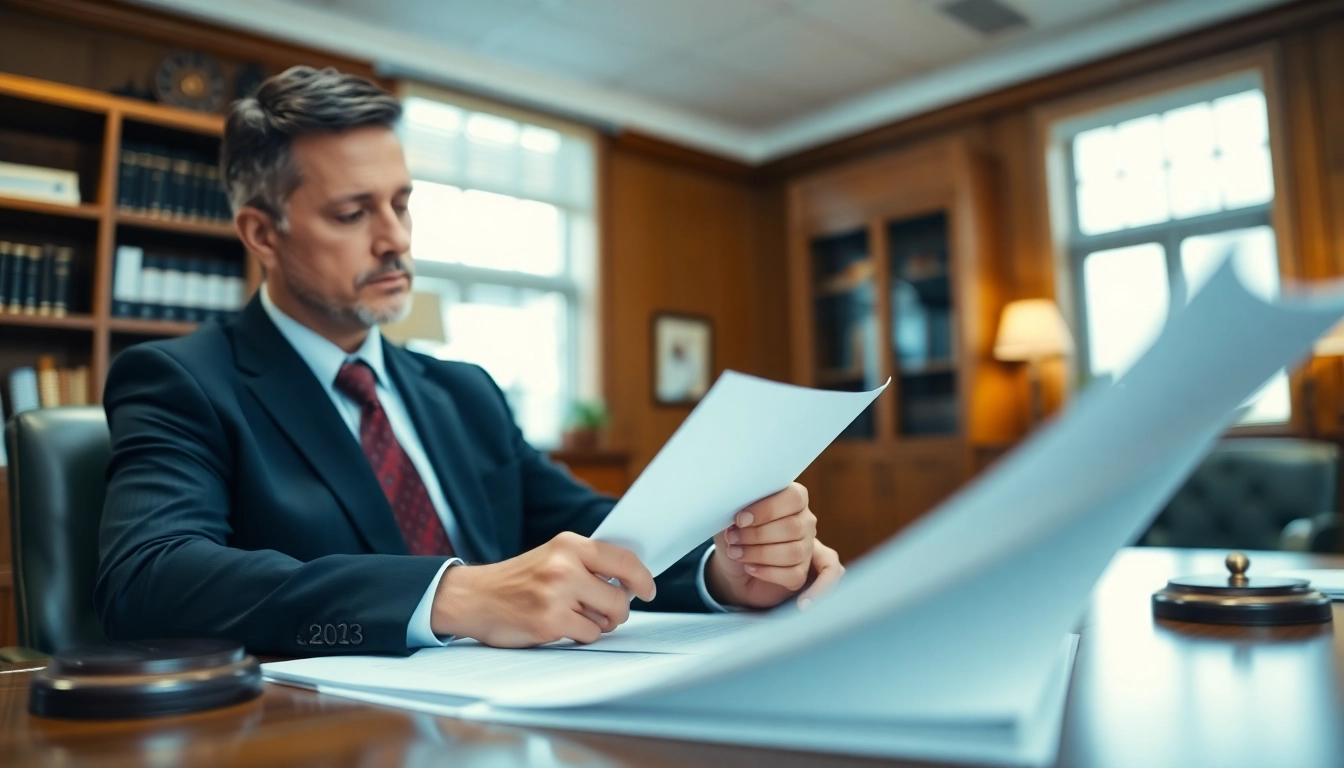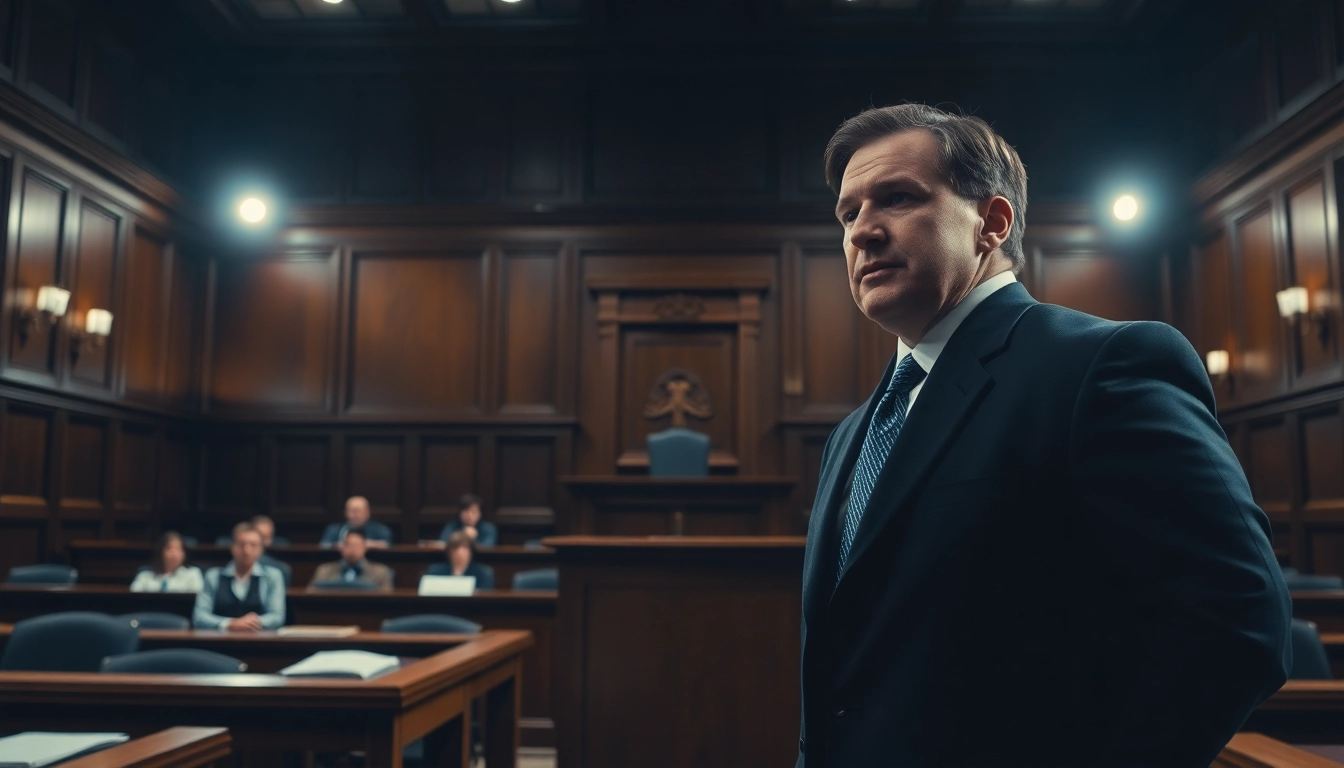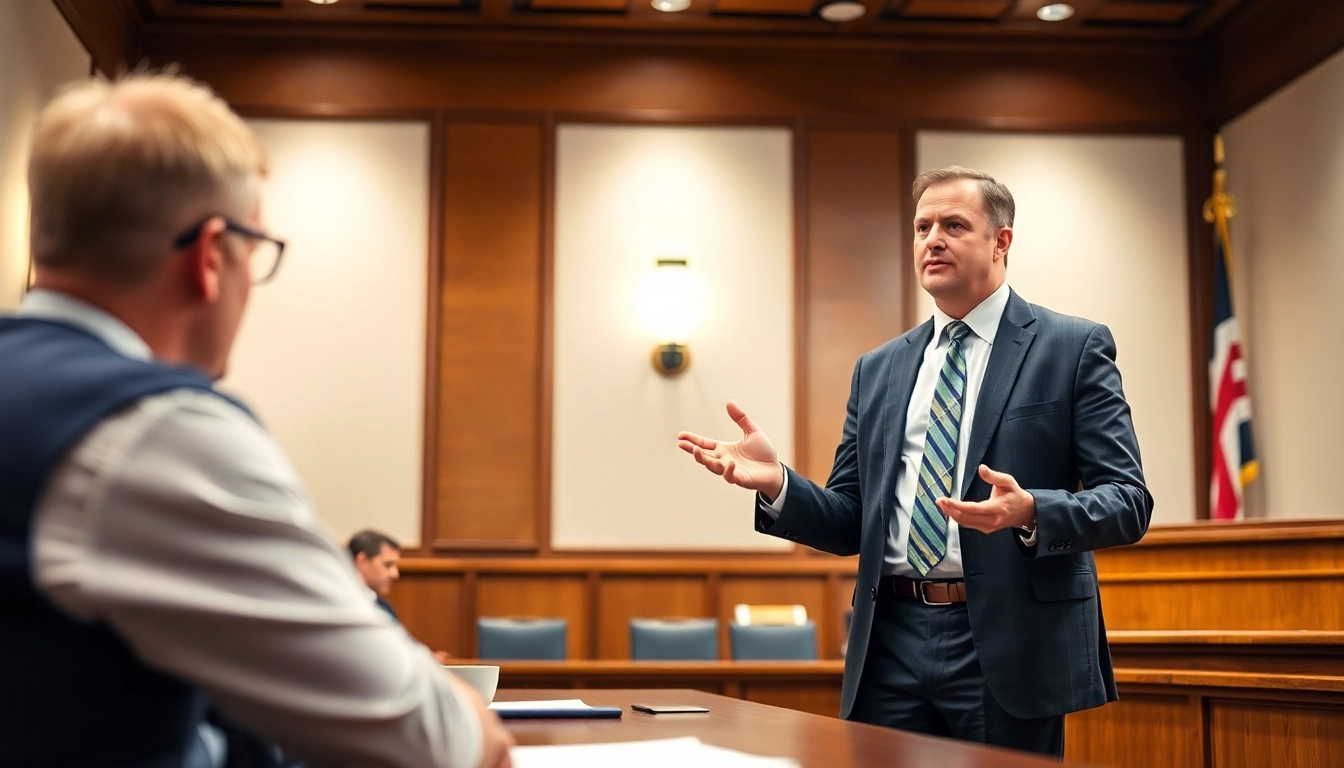Understanding Florida Car Accidents
Car accidents are an unfortunate reality for many drivers on Florida’s roads. Given the state’s unique weather patterns, population density, and extensive roadways, understanding the nuances of car accidents in Florida is crucial for drivers and those seeking legal representation. This comprehensive guide will delve into the different types of car accidents, common causes, liability issues, and the state laws in place that influence car accident claims. If you find yourself in need of legal assistance, experienced Florida car accident attorneys can be invaluable in guiding you through the complexities of your case.
Types of Car Accidents in Florida
Florida has a diverse array of car accidents due to its vast network of roads and highways. Here are some common types:
- Rear-End Collisions: These are the most prevalent type of accidents, often occurring due to sudden stops or distractions.
- Side-Impact Collisions (T-Bones): Typically happen at intersections when one vehicle fails to yield or runs a red light.
- Head-On Collisions: Among the most dangerous, these accidents usually result from one vehicle crossing into oncoming traffic.
- Single-Vehicle Accidents: These include rollovers or crashes involving only one car, often due to loss of control or hitting a stationary object.
- Multi-Vehicle Pileups: Common on highways, these occur when several cars collide, often triggered by one initial accident.
Common Causes and Liability
Understanding the causes of car accidents is essential for determining liability. Some significant causes include:
- Distracted Driving: Texting, eating, or using navigation leads to serious distractions, resulting in accidents.
- Driving Under the Influence: Alcohol or drug impairment dramatically increases the likelihood of accidents.
- Speeding: Exceeding speed limits reduces reaction times and increases the severity of accidents.
- Weather Conditions: Florida’s rain and storms can create hazardous driving conditions.
- Negligent Driving Behaviors: Tailgating, aggressive driving, or running red lights can contribute to crashes.
Establishing liability can often be complex, involving insurance companies, eyewitness accounts, and sometimes police reports. The principle of comparative negligence applies in Florida, meaning that damages could be reduced based on the degree of fault attributed to each party involved in the accident.
State Laws Affecting Car Accident Claims
Florida follows a no-fault insurance system, significantly impacting how car accident claims are processed:
- No-Fault Law: Drivers are required to carry Personal Injury Protection (PIP) insurance that covers medical expenses regardless of who is at fault.
- Minimum Coverage Requirements: Florida mandates a minimum of $10,000 in PIP and $10,000 in Property Damage Liability (PDL).
- Limitations on Lawsuits: In most cases, injury claims can only be pursued if the injuries meet a serious threshold or if significant medical bills are incurred.
Understanding these laws can be critical when navigating the claims process after an accident.
Choosing the Right Florida Car Accident Attorney
Finding the right attorney can make a significant difference in the outcome of your case. Here we outline essential qualities and practices to consider when selecting a Florida car accident attorney.
Key Qualities to Look For
When searching for an attorney to represent you in a car accident claim, consider the following characteristics:
- Experience: A lawyer with extensive experience specifically in car accident cases will have better insight into state laws and procedures.
- Reputation: Look for lawyers with positive reviews and testimonials. Organizations like Avvo and Martindale-Hubbell can provide insights into their standing.
- Communication Skills: An effective attorney must be accessible and able to explain legal concepts clearly.
- Success Rate: Investigate their track record concerning settlements and jury verdicts in car accident cases.
Questions to Ask During a Consultation
Consultations are opportunities to acquire information and gauge potential fit. Consider asking:
- What is your experience with car accident cases similar to mine?
- How do you approach negotiations with insurance companies?
- Will you be the one handling my case, or will it be delegated to another attorney or paralegal?
- What are your fees, and how are they structured?
These questions can help you assess whether the attorney aligns with your goals and expectations.
Evaluating Experience and Track Record
Assessing an attorney’s experience and track record is critical in ensuring quality representation:
- Years in Practice: Look for attorneys with several years focusing on personal injury law.
- Case Results: Inquire about past settlements or verdicts won by the attorney in car accident cases.
- Trial Experience: Even if most cases settle, be sure your attorney is prepared to take your case to trial if necessary.
A comprehensive assessment can provide confidence in your attorney’s capabilities and strategic approach.
The Car Accident Claim Process in Florida
Understanding the car accident claim process is vital for anyone involved in a vehicular collision. Below are the primary steps involved in pursuing a claim.
Initial Steps Following an Accident
After a car accident, it’s essential to take specific steps to protect your rights:
- Ensure Safety: Check for injuries and, if possible, move to a safe location.
- Call Authorities: Report the accident to local law enforcement.
- Document the Accident: Gather evidence, including photos, witness information, and police reports.
- Seek Medical Attention: Even if injuries seem minor, seek medical evaluation to ensure that no complications arise later.
Filing a Claim With Insurance Companies
After gathering the necessary information, you can file a claim with your insurance or the other party’s insurance company:
- Notify Your Insurer: Contact your insurer as soon as possible to report the accident and start the claims process.
- Submit Documentation: Provide all necessary documentation, including the police report, medical records, and photographic evidence.
- Follow Up: Keep lines of communication open with your insurer, providing any additional information requested promptly.
Failing to report the accident in a timely manner could hinder your claim.
Understanding the Role of a Personal Injury Attorney
A personal injury attorney’s role is instrumental in navigating the complexities of your case:
- Legal Advice: They provide expert guidance on your rights and options based on the specifics of your situation.
- Negotiation: Skilled in negotiating with insurance companies to advocate for a fair settlement on your behalf.
- Litigation: If necessary, they will prepare your case for trial, presenting evidence and arguments effectively.
Their experience can significantly enhance your chances of achieving a favorable outcome.
Maximizing Your Compensation
Pursuing maximum compensation requires understanding the types of damages available, evidence gathering, and negotiation tactics.
Types of Damages You Can Claim
In Florida, there are various types of damages you can seek after a car accident:
- Medical Expenses: Coverage for past and future medical expenses related to the accident.
- Lost Wages: Compensation for income lost due to injury recovery or inability to work.
- Pain and Suffering: Non-economic damages for physical pain and emotional distress caused by the accident.
- Property Damage: Reimbursement for repair or replacement of your vehicle and personal property.
Gathering Evidence to Support Your Case
Strong evidence is essential for supporting your claims. Consider the following steps:
- Collect Documentation: Maintain all medical records, invoices, and repair estimates.
- Witness Statements: Obtain contact information from witnesses to corroborate your account of the accident.
- Photos and Videos: Gather as much visual evidence as possible, including pictures of the accident scene.
Your attorney can help organize and present this evidence effectively, enhancing your case’s strength.
Negotiating a Fair Settlement
Negotiating with insurance companies can be challenging. Here’s how to advocate for a fair settlement:
- Know Your Worth: Have an understanding of your case’s value based on damages and evidence.
- Be Prepared for Lowball Offers: Insurers might offer settlements below your potential claims, so be ready to negotiate.
- Consult Your Attorney: Work closely with your attorney to develop strategic negotiation tactics.
Effective negotiation can lead to compensation that truly reflects your suffering and losses.
Client Testimonials and Success Stories
Real-life testimonials and success stories from clients can illustrate the effectiveness of skilled representation in car accident cases.
Real Cases Handled by Florida Car Accident Attorneys
Many Florida car accident attorneys have successfully resolved cases that highlight their expertise. For instance, an attorney might share a story of representing a client who sustained serious injuries in a rear-end collision due to distracted driving. Through diligent investigation and negotiation, the attorney secured a significant settlement covering medical expenses, lost wages, and pain and suffering.
Impact of Legal Representation on Case Outcomes
Statistics indicate that individuals represented by attorneys often receive higher settlements than those who handle claims independently. Research shows that clients with legal representation can secure payouts that are, on average, three times higher than those without. Legal expertise can help navigate the intricate facets of the claims process, ultimately resulting in better outcomes.
How Our Attorneys Enhanced Client Lives
Client satisfaction hinges on the quality of representation and the outcomes achieved. Many clients report not only financial recovery but also enhanced peace of mind knowing their case was handled by professionals. Attorneys often go above and beyond to maintain communication and support, ensuring clients feel valued throughout the process.









Leave a Reply